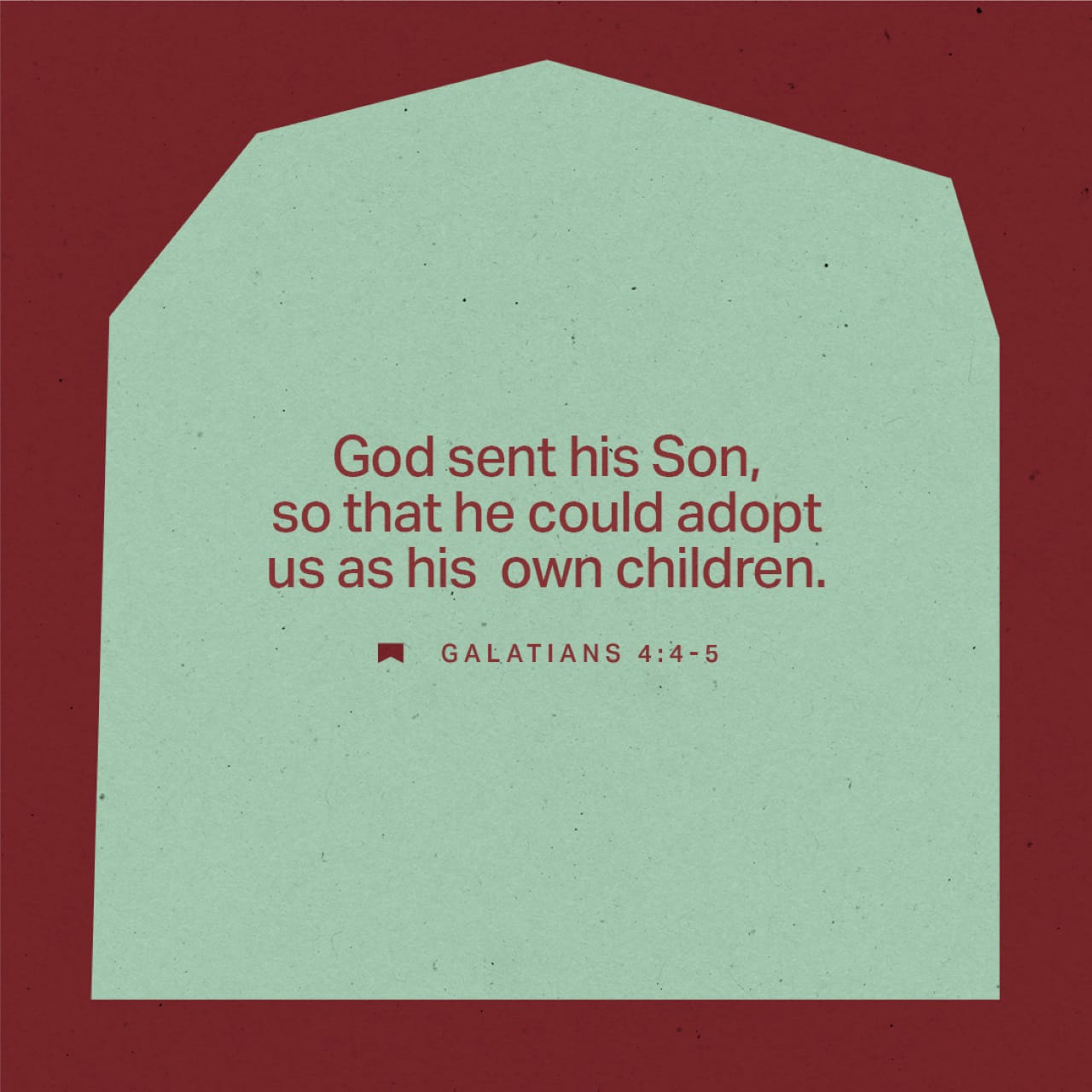Nah. You can’t just isolate the definition you like.
σάββατον sábbaton, sab'-bat-on; of Hebrew origin (
H7676); the Sabbath (i.e. Shabbath), or day of weekly repose from secular avocations (also the observance or institution itself); by extension, a se'nnight, i.e. the interval between two Sabbaths; likewise the plural in all the above applications:—sabbath (day), week.
Definitions? No my friend, context, grammar and syntax. A Sabbath is a day of repose by definition.
It looks like you cited Strongs. That is nice. But in respect to studying the Greek it is so much more involved than a definition.
Be that what it is, There was the weekly Sabbath of the Decalogue and the sabbaths to which were mandated for the festivals and Holy days. The context to which the word sabbath is used shows us which sabbath is being spoken of.
Passover, the Day of Atonement and what not all had sabbaths that were separate from the Sabbath of the Decalogue. They were instituted because of our sin. The Sabbath as you know was made for man on the Seventh Day of creation as the commandment states and Scripture affirms
.
you know that the certificate of debt consisting of decrees being canceled is the law, right?
“having canceled the certificate of debt consisting of decrees against us, which was hostile to us; and He has taken it out of the way, having nailed it to the cross.”
Of decrees is a bad translation. As is, the translation "of ordinances" as seen in the KJV which I use. The Greek word translated decrees in the translation you are using is in the Dative case not the Genitive. In English, this relation is expressed by the words like. by or to not of. The Genitive case is that of possession. If the case was in the Genitive, then we would use the word "of "or something similar..
Also, how does verse 14 help your argument,
The Body of sin has been separated from us, and we have been forgiven all trespasses.
Therefore the handwriting to the decrees or as your translation states, certificate of indebt to the decrees has been blotted out.
These are they which dealt with our sin. The judgements, ceremonies in the Temple and holy days, like Passover and the Day of atonement and what not. These are they which have been blotted out. They are not needed anymore because we have been forgiven and the Temple and it's services have been eliminated.
These are they which were of the handwriting to the decrees. Mind you not the decrees themselves, but those which were by or to the decrees. Those which were because of our sin, not those which tell us what our sin is. For by the Law is the knowledge of sin. And if the Law is used righteously, it is for the sinner as God says in Romans and Timothy
The context of verse 14 is connected to verse 16 by the word "and' in verse 15, and the word "therefore" in verse 16.
As you know these words connect what is about to be said to what was previously stated. So with that understood, these meat and drink, holydays, new moon and sabbath days are they which were of the handwritings to the ordinances, The Book of the Law. Not the Ten Commandment and the Laws and statutes that showed us our sin.
Col 2:13 And you, being dead in your sins and the uncircumcision of your flesh, hath he quickened together with him, having forgiven you all trespasses;
Col 2:14 Blotting out the handwriting of ordinances that was against us, which was contrary to us, and took it out of the way, nailing it to his cross;
Col 2:15 [And] having spoiled principalities and powers, he made a shew of them openly, triumphing over them in it.
Col 2:16 Let no man therefore judge you in meat, or in drink, or in respect of an holyday, or of the new moon, or of the sabbath [days]:
Col 2:17 Which are a shadow of things to come; but the body [is] of Christ.









